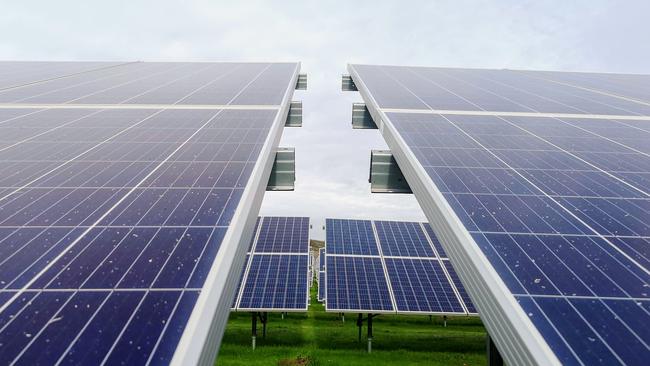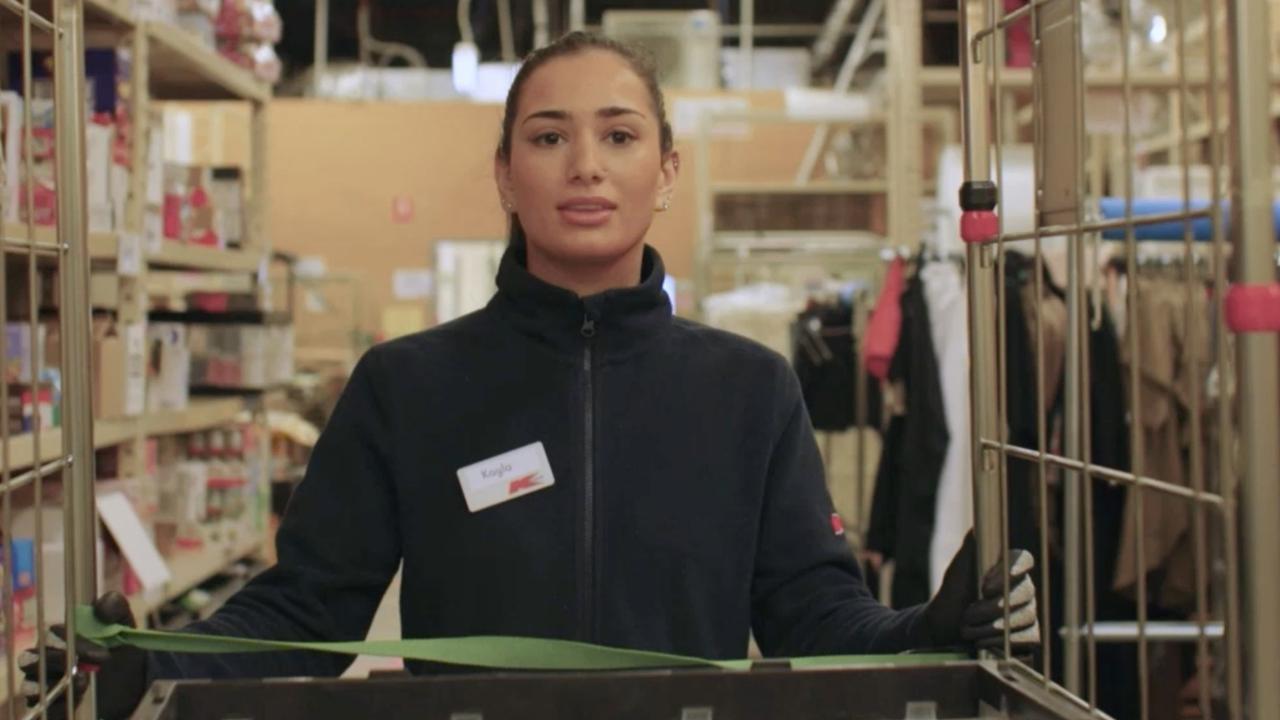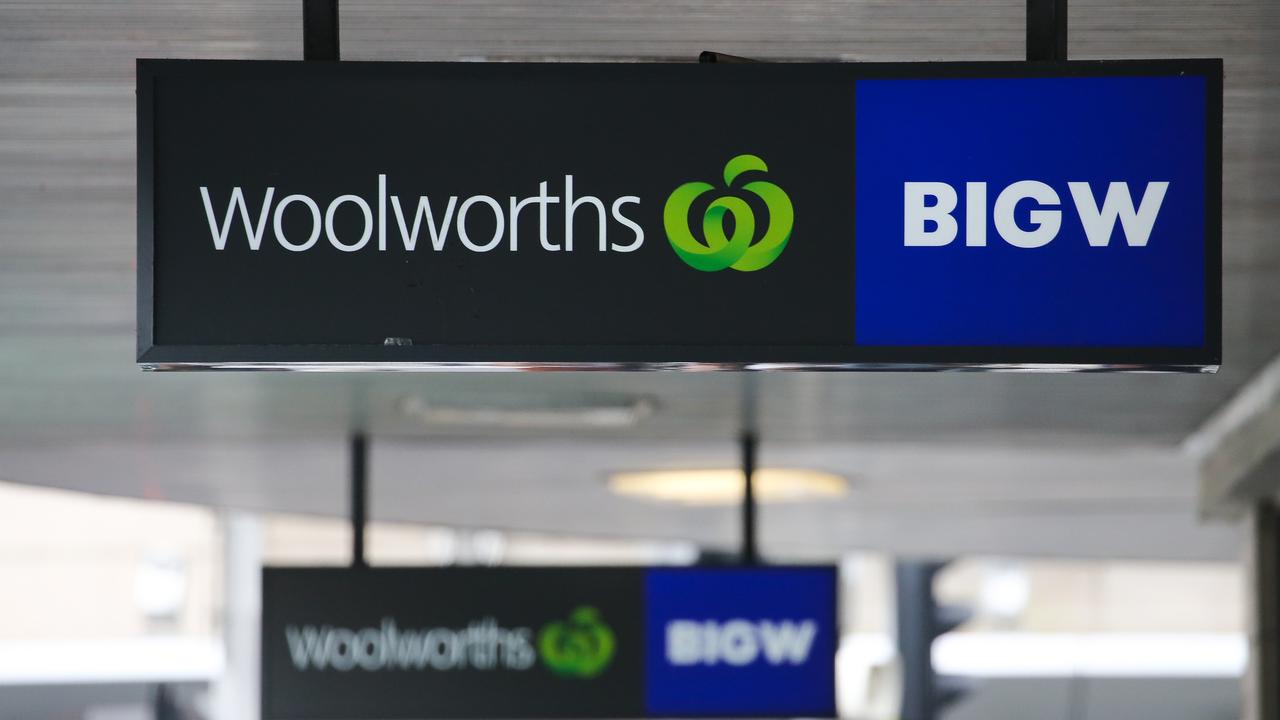Australian start-ups offering AI and energy solutions finding favour with investors
‘Growing efficiently’ had become the new mantra of venture capitalists, who are keen to back early-stage start-ups in the climate technology and AI space.

Sponsored
Don't miss out on the headlines from Sponsored. Followed categories will be added to My News.
Venture capital investors are seizing new opportunities to back early stage start-ups working on artifical intelligence (AI) and climate technology solutions, despite the ongoing decline in funding being allocated to Australia’s start-up ecosystem.
Amanda Price, Head of High Growth Ventures, KPMG Australia said “growing efficiently” had become the new mantra of venture capitalists for their investee companies after the tech market hit rock bottom during the third quarter of 2022.
“We are certainly hearing the words capital efficiency and efficient growth. So how do you cut costs while at the same time still managing to grow? You need to do some marketing and sales activity and look for new opportunities but you have to manage your cashflow,” she said.
“The current environment of VC’s doing more due diligence and the funding rounds taking longer will not change anytime soon. But early stage investments are still being made, especially in climate tech and AI.”
In the first half of 2023, Adelaide-based AI intelligence solutions firm Fivecast raised US$20 million from US fund Ten Eleven Ventures, while Melbourne-based AI for healthcare startup Eyetelligence received US$12 million from a New York-based investor.
Given all AI software needs computing power to find patterns and make inferences from large quantities of data, AI hardware has so far been a big winner for investors, which has driven the share price of firms like leading American chip maker Nvidia to record levels this year.
“Some of the bets being placed in the US are massive on AI and we are now seeing that in series A funding rounds for AI start-ups, with $4-6 million going into these raisings,” Ms Price said.
“This has implications for Australian start-ups and VC investors. How will we compete with that and will we place as bigger bets here? Can we join together and collaborate more to get behind new local companies and place bigger bets to get a stake in this AI space?”
Software companies that integrate more generative AI tools into their products will also inevitably generate stronger sales.
“The application of AI across software is where we are seeing opportunity,” Ms Price said.
Australian firm Sapia.ai, which is backed by Woolworths and counts the retailing giant, Qantas and Starbucks as customers, has developed a tool which can detect answers generated by AI systems.

It is being promoted as not only assisting recruiters to spot plagiarism in job applications and fast-track the interview process, but also to help retain customers in consumer industries.
The firm was recently named KPMG’s 2023 Australian Tech Innovator in a competition - now in its third year - which recognises the country’s leading tech innovators.
Venture capital investors are also showing increasing interest in decarbonisation solutions and green finance-focused offerings, highlighted by a $105 million raise led by US climate-focused VC firm Lowercarbon Capital for Australian decarbonisation startup Loam.
Investors are also eyeing the energy storage and alternative energy sectors, including solar power technologies, offshore wind farms, and hydrogen and atomic energy applications to electric vehicle infrastructure.
More than $4.7 billion in new funds were raised by VCs in 2022, giving the local start-up investors a record amount of dry powder to deploy, according to Techboard.
But the latest KPMG Private Enterprise Venture Pulse report showed investment in Australian startups over the first six months of 2023 still fell to US$1.11 billion, compared to US$3.64 billion over the corresponding period in 2022.
VC activity in Australia declined in-line with global startup investment, which dropped to US$176.9 billion from US$391.2 billion in 2022.
“When you look at Australia, we have certainly seen a change in investor sentiment in the past quarter. We have hit the bottom and are starting to stabilise,” Ms Price said.
But she said there were still ongoing impacts from the turmoil of the past 18 months.
“We now speak of promise or performance. People still want to invest in things with promise. But it is harder when it gets into questions of performance, especially when it comes to series A or series B raisings,” she said.
“I still see a period of distress for some companies that raised capital in the peak at 2021. They will face down rounds, restructurings or they simply won’t be able to raise.”
Ms Price said Australian venture capital investors continued to fall short in providing funding into later stage companies and scale-ups, especially for companies wanting to go global.
“When capital gets scarce, people get scared and they don’t take risks. That is something we need to focus on as a country. We have had some really great success stories and we need to celebrate them and work off the back of that success,” she said.
“We need to have pathways for people working in start-ups. It should be like a regular job, rather than being viewed as something inherently risky. We are still a country that penalises failure and that really needs to change.”
-
This content was produced for KPMG. Read our policy on commercial content here.
-
Originally published as Australian start-ups offering AI and energy solutions finding favour with investors



